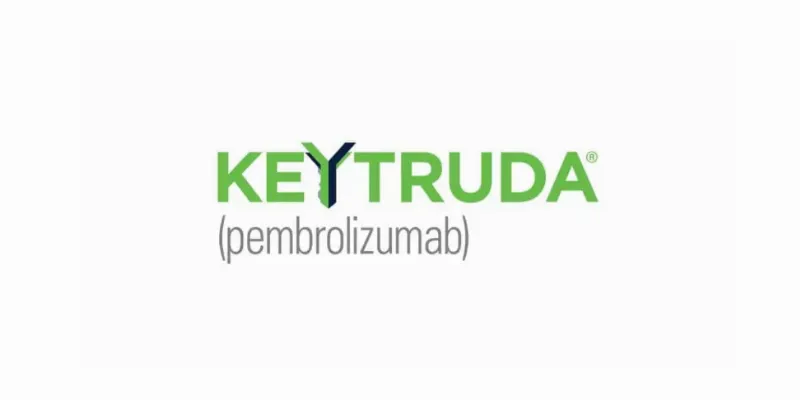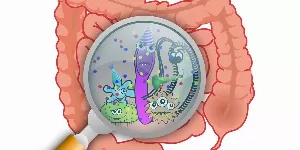EU Commission grants approval to Merck’s Keytruda for gastric cancer

29 August 2023
The European Commission (EC) has approved Merck’s Keytruda, in combination with other drugs, for the treatment of gastric or gastroesophageal junction (GEJ) adenocarcinoma based on the results from the Phase III KEYNOTE-811 trial. This regimen is designated as a first-line treatment for adults with advanced unresectable or metastatic HER2-positive GEJ adenocarcinoma and tumors expressing PD-L1.
Keytruda, an anti-PD-1 therapy, is the inaugural immunotherapy to be endorsed in the EU for this group of patients. This approval follows the European Medicines Agency's recommendation in July 2023. Although approved in all 27 EU member states, it will not be accessible in Norway, Northern Ireland, Iceland, or Lichtenstein.
The regulator approved the treatment based on the findings from the Phase III KEYNOTE-811 trial. EC has granted approval for Keytruda plus trastuzumab, fluoropyrimidine and platinum-containing chemotherapy for GEJ adenocarcinoma. The combination treatment is indicated as a first-line therapy for adult patients with locally advanced unresectable or metastatic human epidermal growth factor receptor 2 (HER2)-positive GEJ adenocarcinoma, with tumours expressing PD-L1.
An anti-programmed death receptor-1 (PD-1) therapy, Keytruda became the first immunotherapy to receive approval in the EU as the first-line therapy option for this patient population. The Committee for Medicinal Products for Human Use (CHMP) of the European Medicines Agency recommended a grant of approval for the treatment in July 2023. The Keytruda regimen will be marketed in all 27 member states of the European Union but will not be available in Norway, Northern Ireland, Iceland or Lichtenstein.
The regulator approved the treatment based on the findings from the double-blind, randomised Phase III KEYNOTE-811 clinical trial. The Keytruda combination substantially enhanced progression-free survival and objective response rate versus trastuzumab and chemotherapy alone. In April 2023, the US Food and Drug Administration accepted for review MSD’s new supplemental biologics licence application for the Keytruda regimen to treat gastric cancer.
“Patients in the EU diagnosed with HER2-positive advanced gastric cancer face an aggressive disease associated with a poor prognosis, underscoring the need for additional first-line treatment options for these patients,” said Dr. Scot Ebbinghaus, vice president, global clinical development, Merck Research Laboratories. “With today’s approval of KEYTRUDA, we’re proud that patients whose tumors express PD-L1 with a combined positive score ≥1 and healthcare providers in the EU will have an option that includes immunotherapy for this difficult-to-treat disease.”
About KEYNOTE-811
KEYNOTE-811 is a randomized, double-blind Phase 3 trial (ClinicalTrials.gov, NCT03615326) evaluating KEYTRUDA in combination with trastuzumab and chemotherapy for the first-line treatment of locally advanced unresectable or metastatic HER2-positive gastric or GEJ adenocarcinoma. The dual primary endpoints are PFS per RECIST v1.1 as assessed by blinded independent central review and OS. Secondary endpoints include ORR, duration of response and safety. The trial enrolled an estimated 732 patients who were randomized to receive KEYTRUDA (200 mg every three weeks) in combination with trastuzumab, fluoropyrimidine- and platinum-containing chemotherapy (investigator’s choice of 5-fluorouracil plus cisplatin or capecitabine plus oxaliplatin), or placebo in combination with trastuzumab and chemotherapy.











Comments
No Comments Yet!